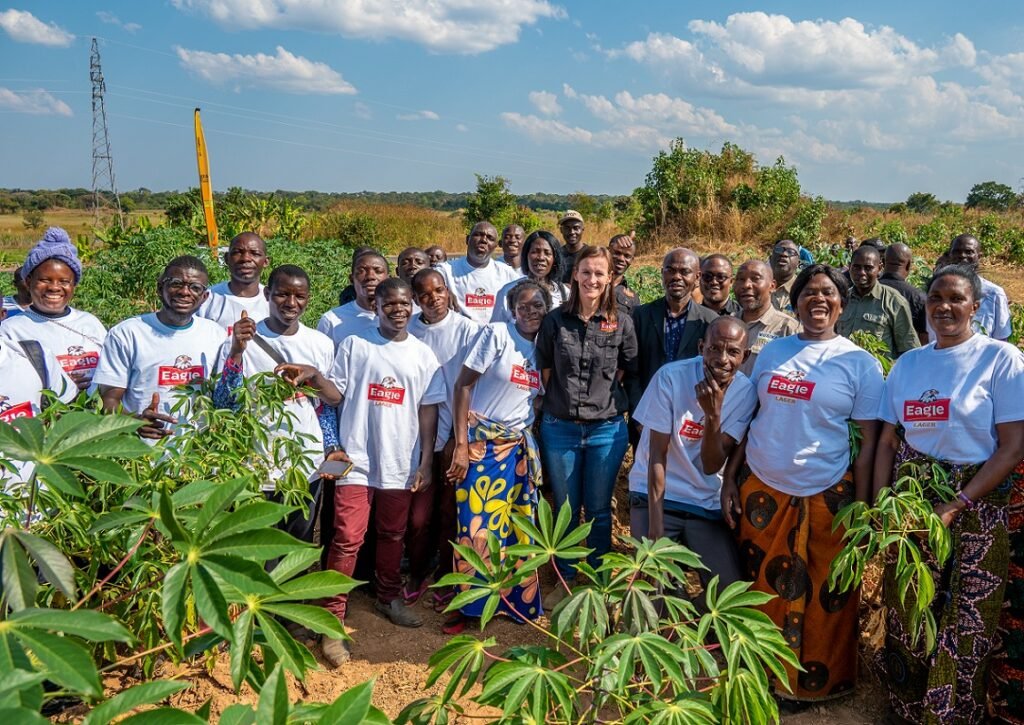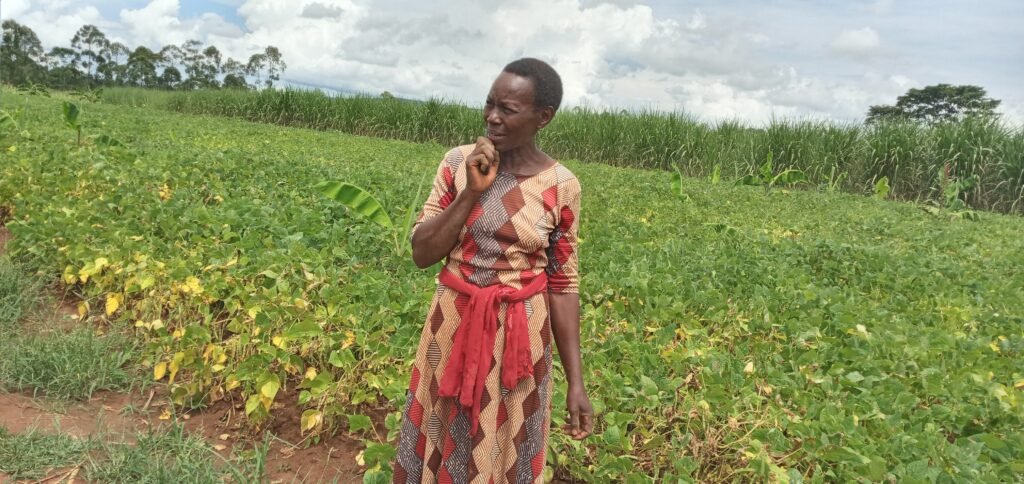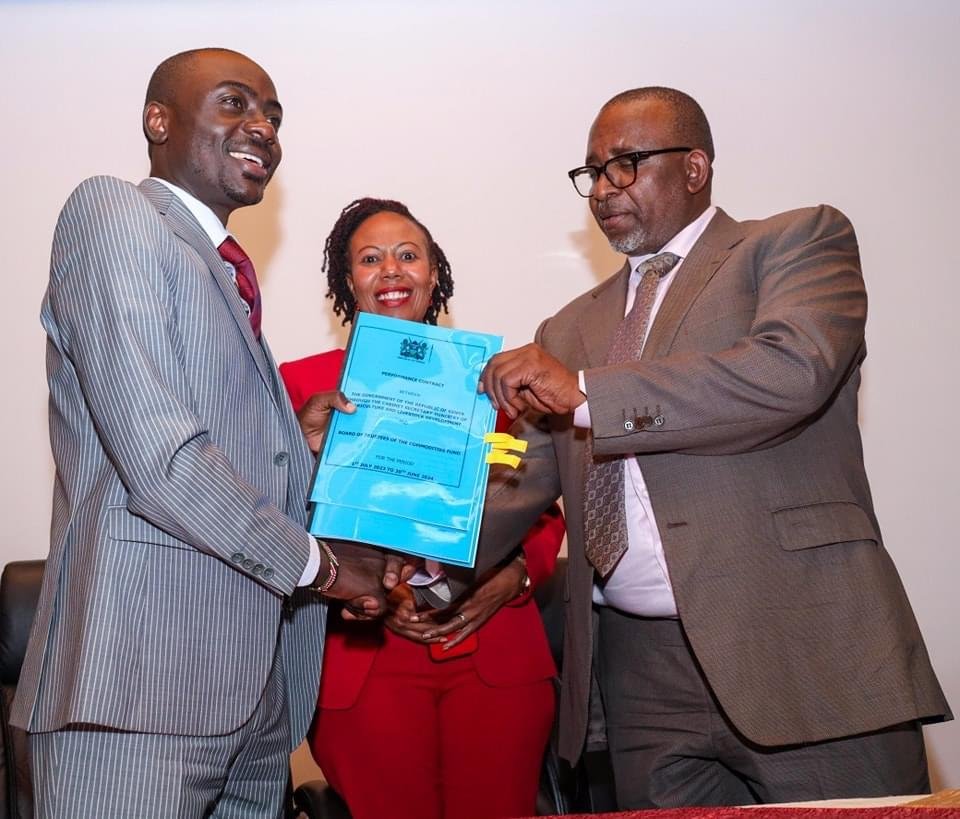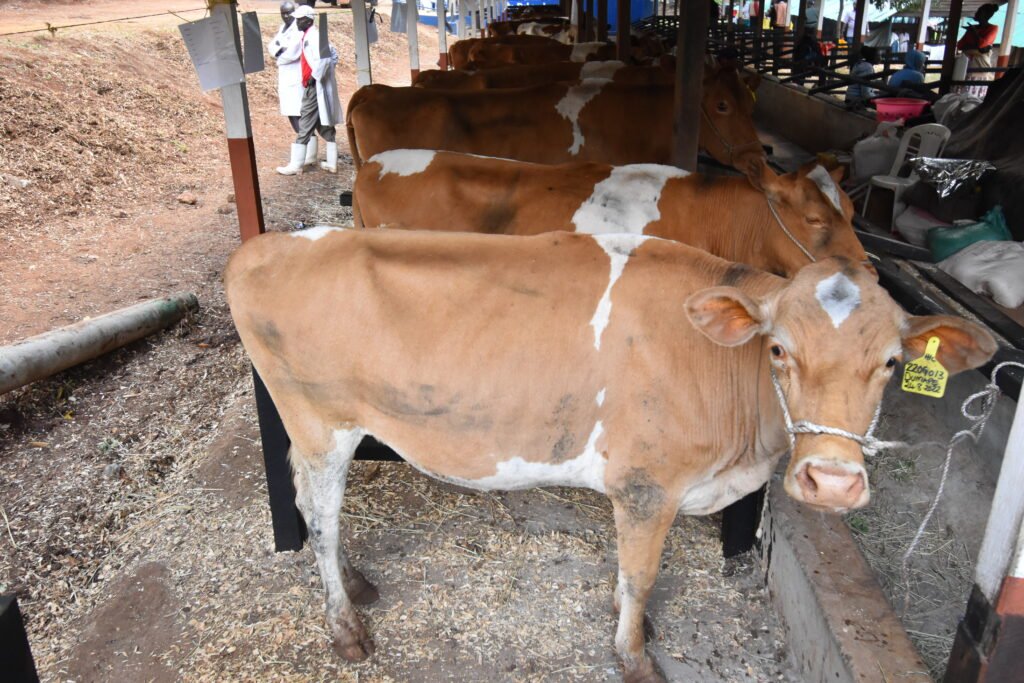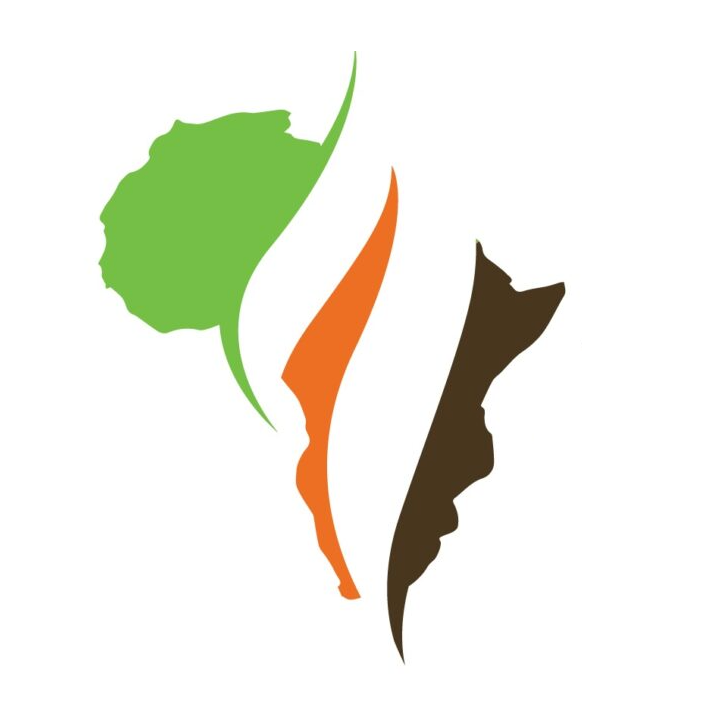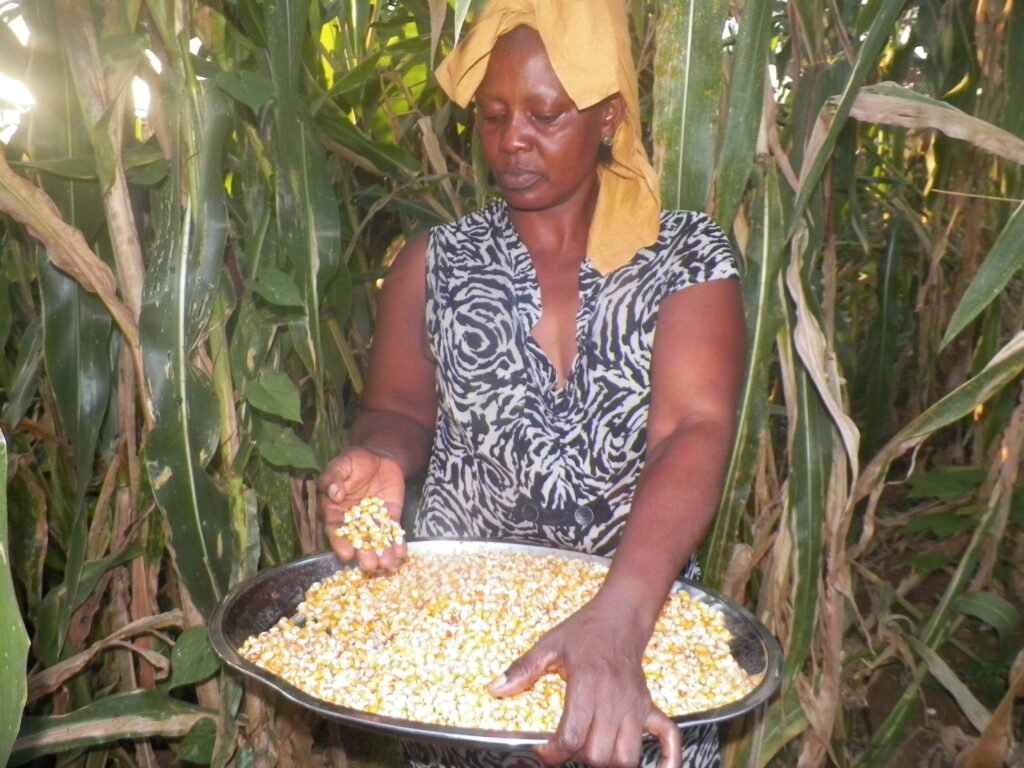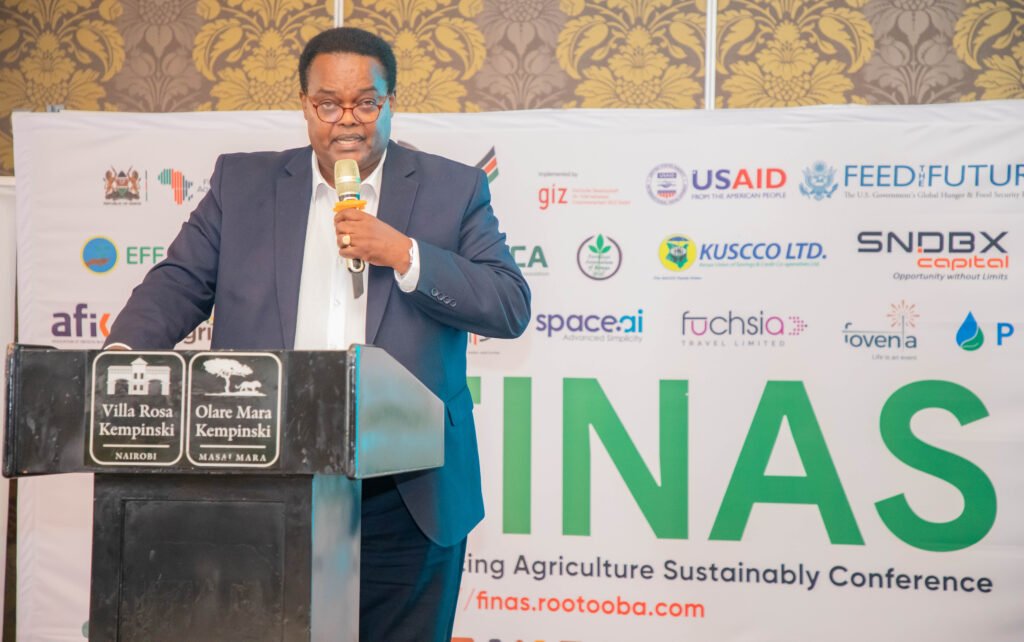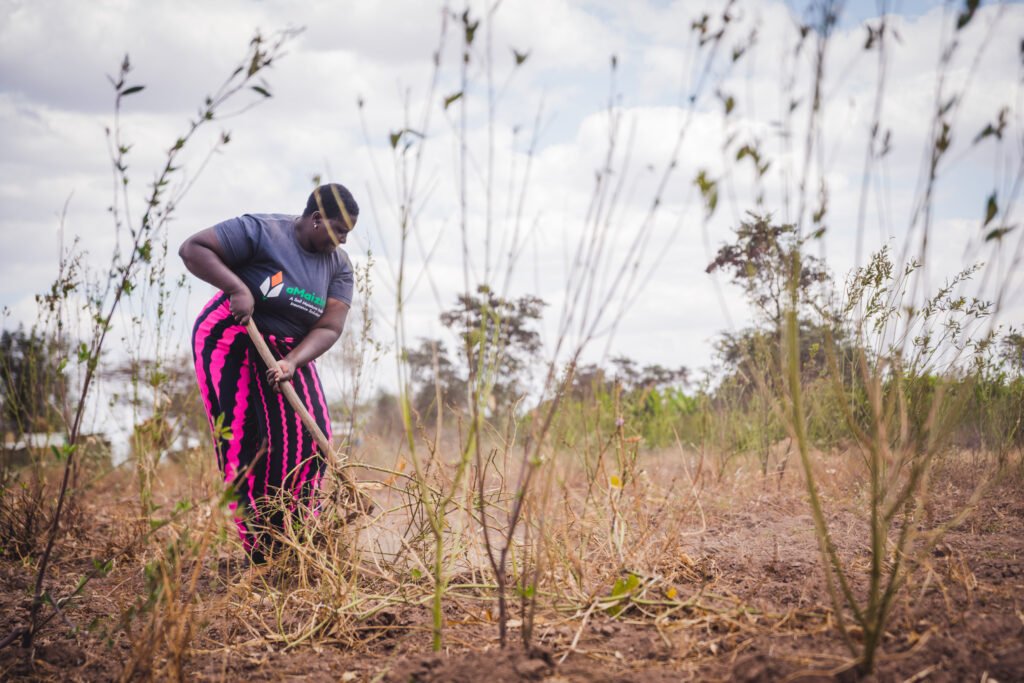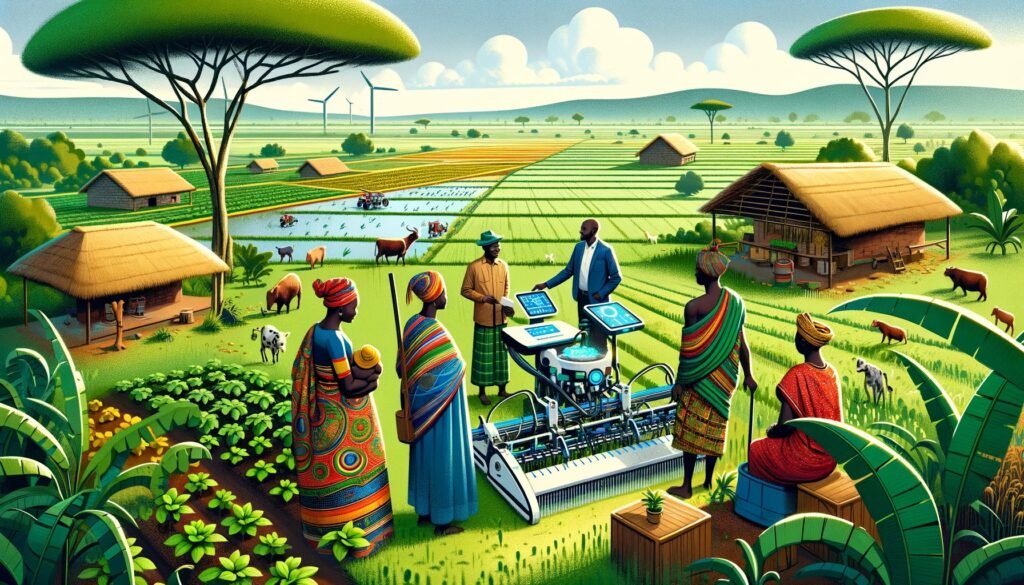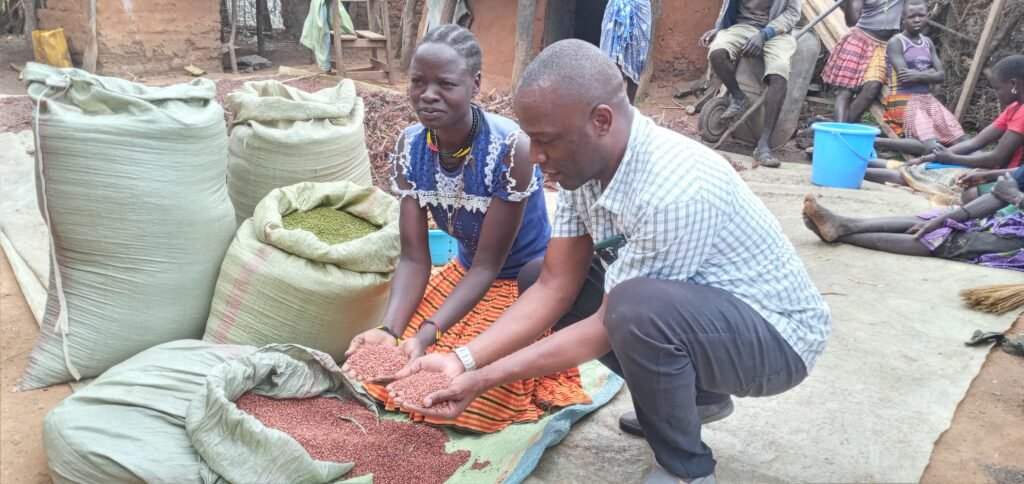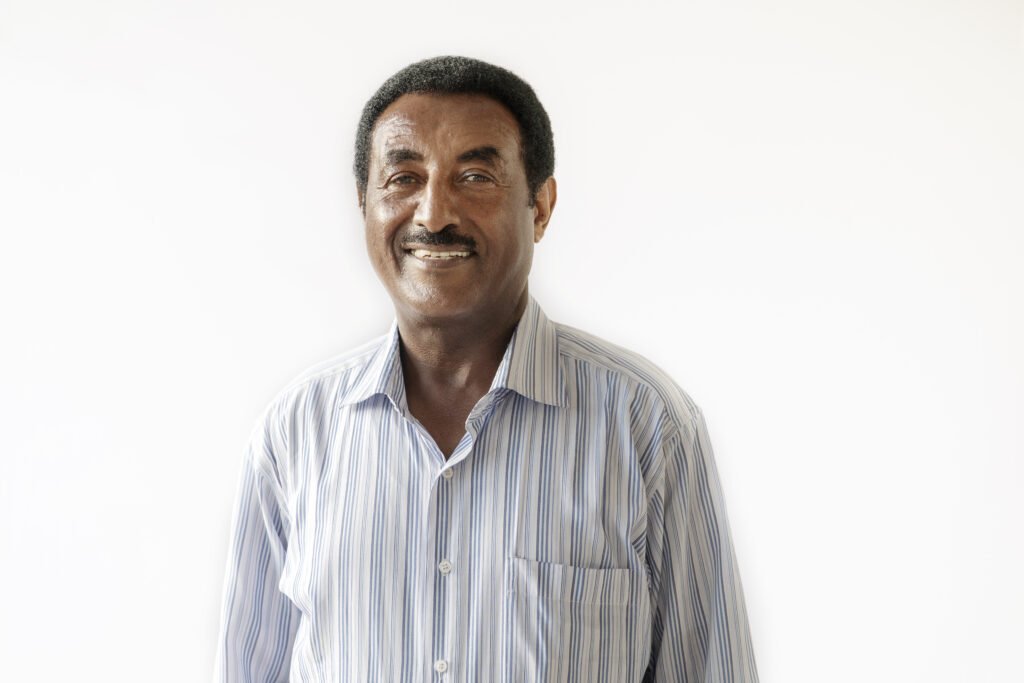AFRICAN countries are nowhere near meeting their commitments to allocate at least 10 percent of national budgets to agriculture. They have grappled with resource constraints amid pressure to fund social programmes such as health and education since they made those commitments under the auspices of the African Union in 2015.
The donor funding taps have also been drying in recent years as western countries deal with their own financial problems at home or shift the focus of their foreign policies from aid to trade and investments. With commercial banks continuing to view agriculture as a high-risk sector for their lending, experts say the continent still has a resource gap of about 80 percent to finance agricultural transformation adequately.
The pressure on Africa to fill this gaping agricultural funding hole has meanwhile grown in light of food security challenges aggravated by climate change and a rapidly growing population. Fortunately, serious conversations around bridging the financing gap have already started in some countries on the continent. In Kenya, key industry players attending the Financing Agriculture Sustainably (FINAS 2024) Conference in Nairobi expressed the belief that the problem isn’t the availability of funds, but how to mobilise and deploy the funds.
In this edition of the PanAfrican Agriculture magazine, we amplify this conversation through our special coverage of the various innovative financing models already being adopted to support the agricultural transformation in different parts of Africa. We feature, among others, the efforts of SNDBX Capital, a business accelerator developing a derisking solution for agriSMEs, and those of the non-profit ACRE Africa, which has rolled out a number of affordable crop insurance products.
As you will find out from some of the insightful analyses in our special report, governments have not been left behind in the search for sustainable agriculture financing. For instance, a number of them have set up credit guarantee schemes to derisk lending to smallholder farmers by commercial banks. For the Q&A, we sat down with the new director-general of the International Centre for Insect Physiology and Ecology (Icipe), Dr Abdou Tenkouano, to discuss his vision for the premier insect research institution as he settles in at his new work station in Nairobi.
Still on research, we also tell the story of the team of young scientists at the International Livestock Research Institute (ILRI) and the Kenya Agricultural and Livestock Research Organisation (KALRO) working on what is considered the new frontier in livestock breeding: stem cell and gene editing technologies. Read these, plus stories on other agricultural issues on the continent.


